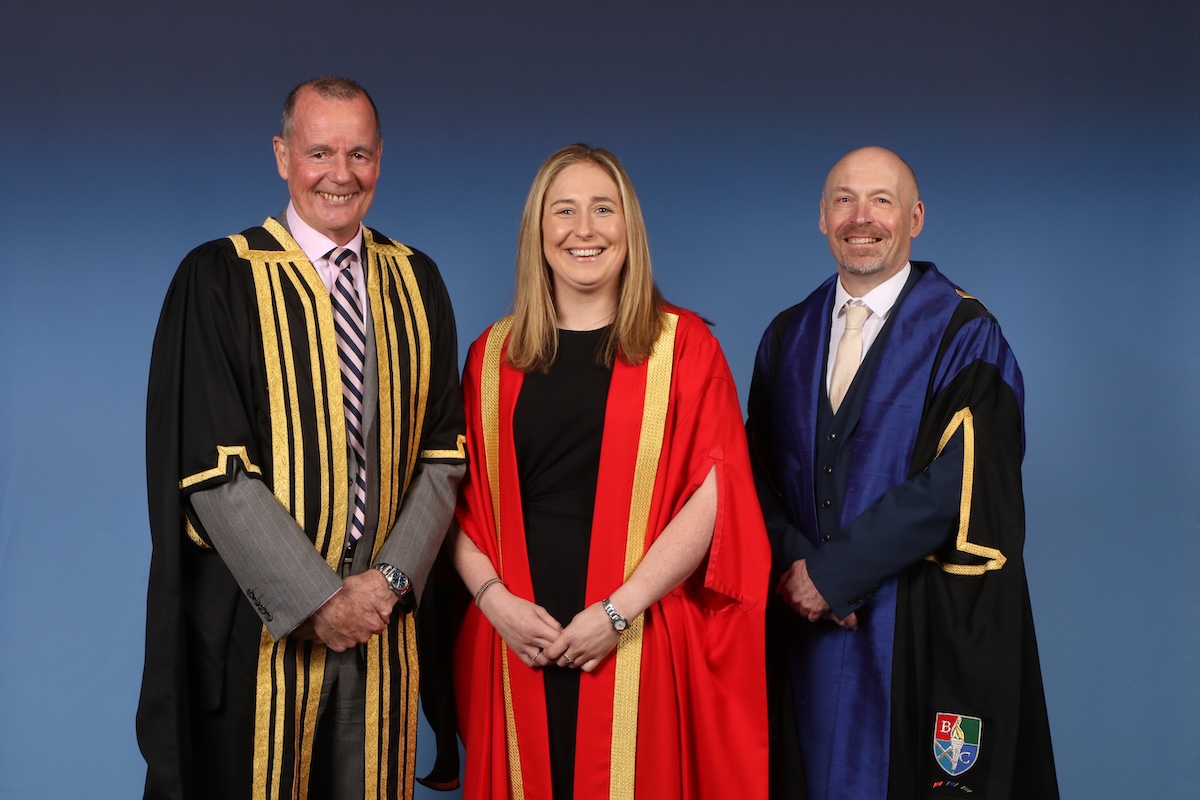Six things you may not know about the new Curriculum for Wales

Today the new Curriculum for Wales took another step closer, following the making of legislation setting out which secondary schools and settings will begin teaching their new curriculum from September.
Schools and other education settings in Wales were given the option to begin teaching their new curriculum to Year 7 learners from September. To account for the disruption caused by Coronavirus, schools were also given the alternative option to begin to teach Years 7 and 8 at the same time, from September 2023.
The full list of secondary schools and settings which will begin teaching from this September has been published in subordinate legislation made under the Curriculum and Assessment (Wales) Act 2021. All primary schools and around 500 childcare settings will be using the new curriculum from September also.
Here are six things you may not know about how things are changing:
- Many schools have already started working differently
In many schools, change has already begun. In 2017, schools, teachers and other experts started working together to create the new Curriculum for Wales. The pandemic also speeded up changes in a lot of schools. They have been able to focus on the well-being and progress of learners and teachers have been freed from their non-essential workload.
- The curriculum has been designed around four purposes for learners
The Four Purposes will become a familiar term to parents, carers and children. For the first time we’ve defined in law what the purpose of education in Wales should be. The aim of a school’s curriculum is to support its learners to become:
- ambitious, capable learners, ready to learn throughout their lives
- enterprising, creative contributors, ready to play a full part in life and work
- ethical, informed citizens of Wales and the world
- healthy, confident individuals, ready to lead fulfilling lives as valued members of society
- Teachers will have more flexibility
There will be a national framework to ensure there is consistency and core learning, but teachers and other educators will be empowered to use their professional skills and understanding to decide what and how they teach to get the best out of their learners.
- Familiar subjects will still be taught, but delivered as part of wider areas of learning
The Curriculum for Wales has six Areas of Learning and Experience:
- Expressive Arts
- Health and Well-being
- Humanities
- Languages, Literacy and Communication
- Mathematics and Numeracy
- Science and Technology
Specific subjects will still be taught, but schools can decide to explore the links between them, so learners better understand the interconnectivity and breadth of their learning. A topic like climate change can be taught through geography, history, science and the impact on society.
- Learning of black, Asian and minority ethnic histories will be included in new curriculum
Learning about Welsh history and the history and diversity of communities, in particular the stories of Black, Asian and Minority Ethnic people, will be mandatory parts of the new curriculum.
Each of the curriculum’s six Areas of Learning and Experience include mandatory ‘Statements of What Matters’, described as the ‘big ideas’ and key principles in each Area. The Statements include an expectation that learners “can develop an understanding of the complex, pluralistic and diverse nature of societies, past and present. These stories are diverse, spanning different communities, as well as in particular the stories of black, Asian and minority ethnic people.”
Professor Charlotte Williams OBE has been supporting work to improve teaching on black, Asian and minority ethnic communities, including developing new teaching materials and training for teachers and trainee teachers, to complement the new curriculum.
- Relationships and Sexuality Education will be mandatory, as will Religion, Values and Ethics in all schools from September 2022.
All children will have access to developmentally-appropriate Relationship and Sexuality Education (RSE) in the new curriculum. This will include learning about healthy relationships, keeping safe, including online, and being confident to raise issues with responsible adults.
Faith groups and others representing children’s interests, such as the NSPCC and the Children’s Commissioner for Wales, have helped teaching professionals to develop the RSE code.











Responses